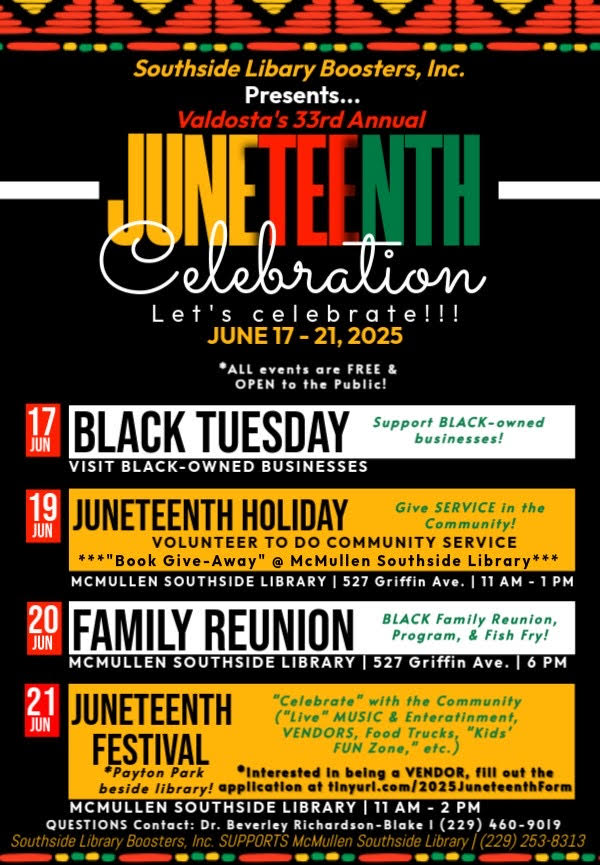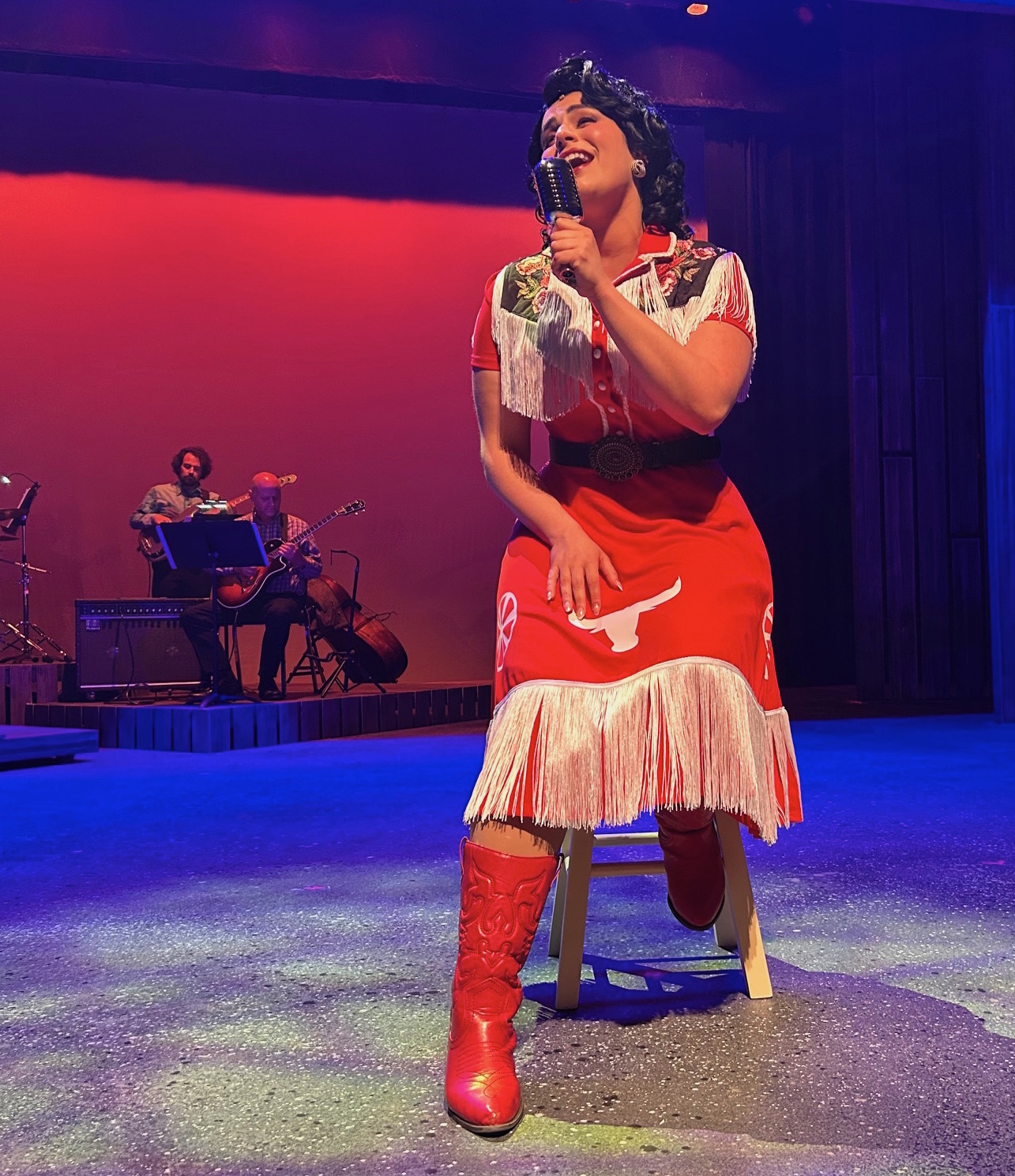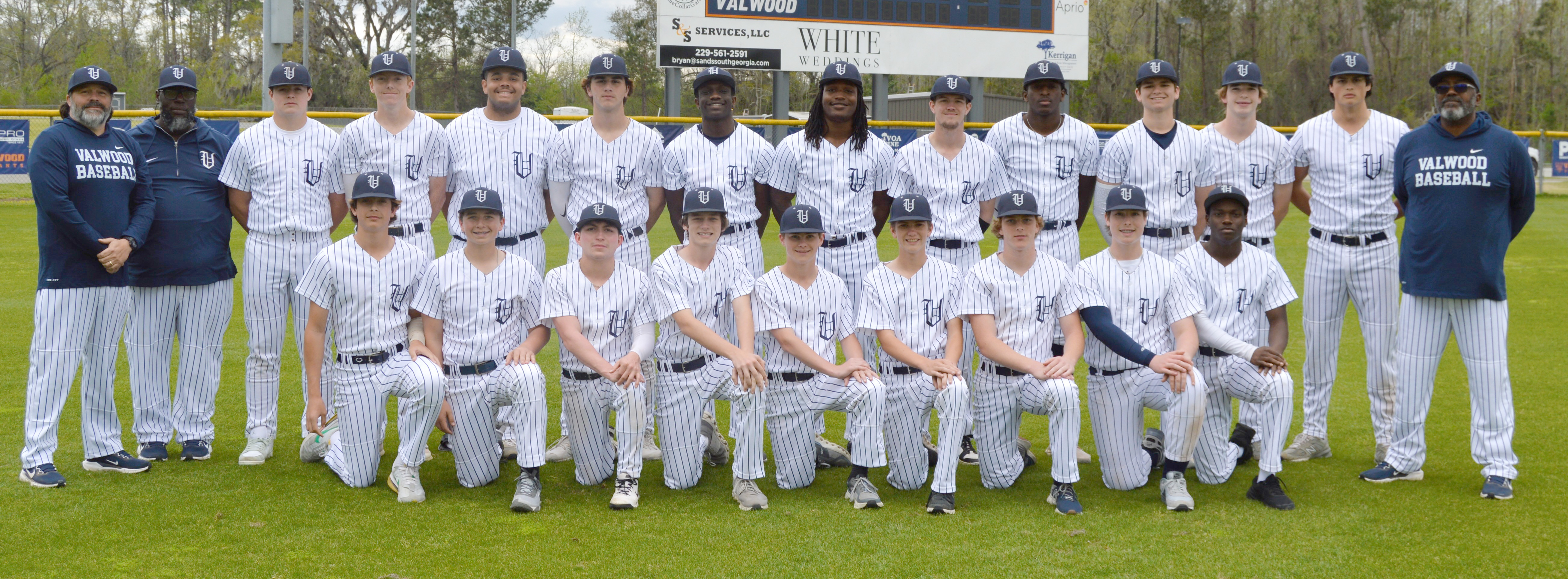GUEST EDITORIAL: Testing your news literacy
Published 2:01 pm Friday, February 9, 2024
The last full week of January was the annual National News Literacy Week, which offered an opportunity to test your awareness of what’s news and what isn’t — so if keeping up with the news were a quiz, how well do you think you’d do: ( newslit.org/tips-tools/how-news-literate-are-you-quiz/).
The News Literacy Project leads the national public awareness campaign to promote news literacy and the role of a free press in American democracy.
National News Literacy Week is dedicated to empowering people of all ages to become more news-literate. Throughout the week, various activities, educational resources and discussions are promoted to foster an understanding of news literacy, emphasizing its significance in empowering citizens to make informed decisions and engage constructively in society.
Each year, National News Literacy Week focuses on a different theme. In 2024, the initiative “turns a spotlight on local news and its role in a healthy democracy.” Local news serves as the cornerstone of communities, offering a unique insight that national news cannot replicate. It also keeps residents informed about what’s happening in their immediate surroundings, from city council meetings and school board decisions to local festivals and public safety updates.
In a world riddled with “fake news,” how do you determine what is real and what is not? The News Literacy Project has a quiz to help you with that, and it can be taken with news slanted towards liberals or conservatives. It shows seven social media posts and lets you decide which is “fake news” and which is real news, followed by a quick explanation of how each post represents solid facts or questionable assertions and what you can do to find good information and protect yourself from misinformation in the future.
At the end, you can choose to take the quiz again if you’d like to see the other version of it. You might find a surprise or two — some posts show up in both versions, and the tips to finding truth and avoiding falsehood are the same no matter your political leanings.
The quiz is like a blood pressure check — a way to gauge your news literacy health, rather than something you have to pass. So check out NewsLiteracyWeek.org and find a friend or two to talk about the news literacy tips the quiz incorporates.
Remember that while there is a lot of credible information on social media, it can be easy to fall prey to falsehoods as you scroll — especially those that resonate with your values and beliefs. We all need to stay vigilant and help stop the spread of falsehoods.
The role of the press is especially important as a new president takes office and installs a slew of federal appointees. It’s up to us news organizations to help you, the taxpayer, keep your elected officials accountable, and that starts with having the most accurate information you can about what they’re up to with your tax dollars.
But how can you tell that what you’re seeing is accurate information? That’s what news literacy is about. Regular literacy is knowing how to read and write competently. News literacy, likewise, is knowing how to identify what’s true in a world where a lot of so-called information is misinformation.





